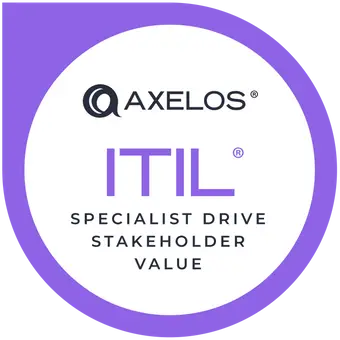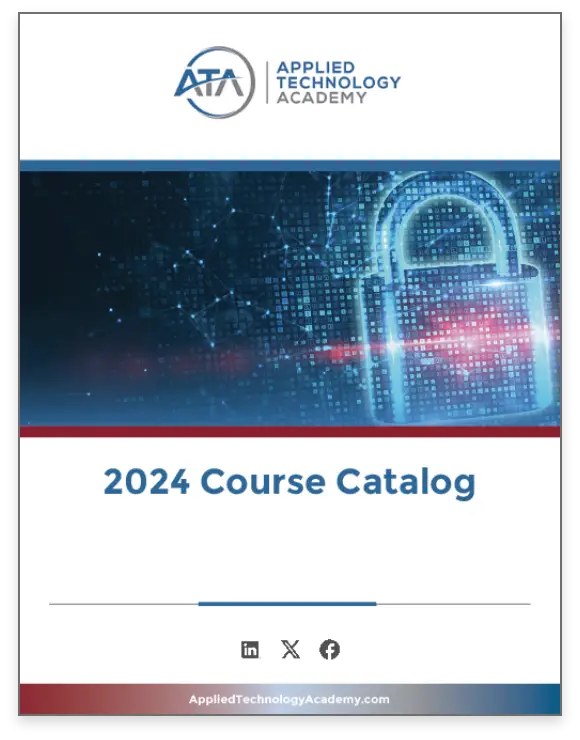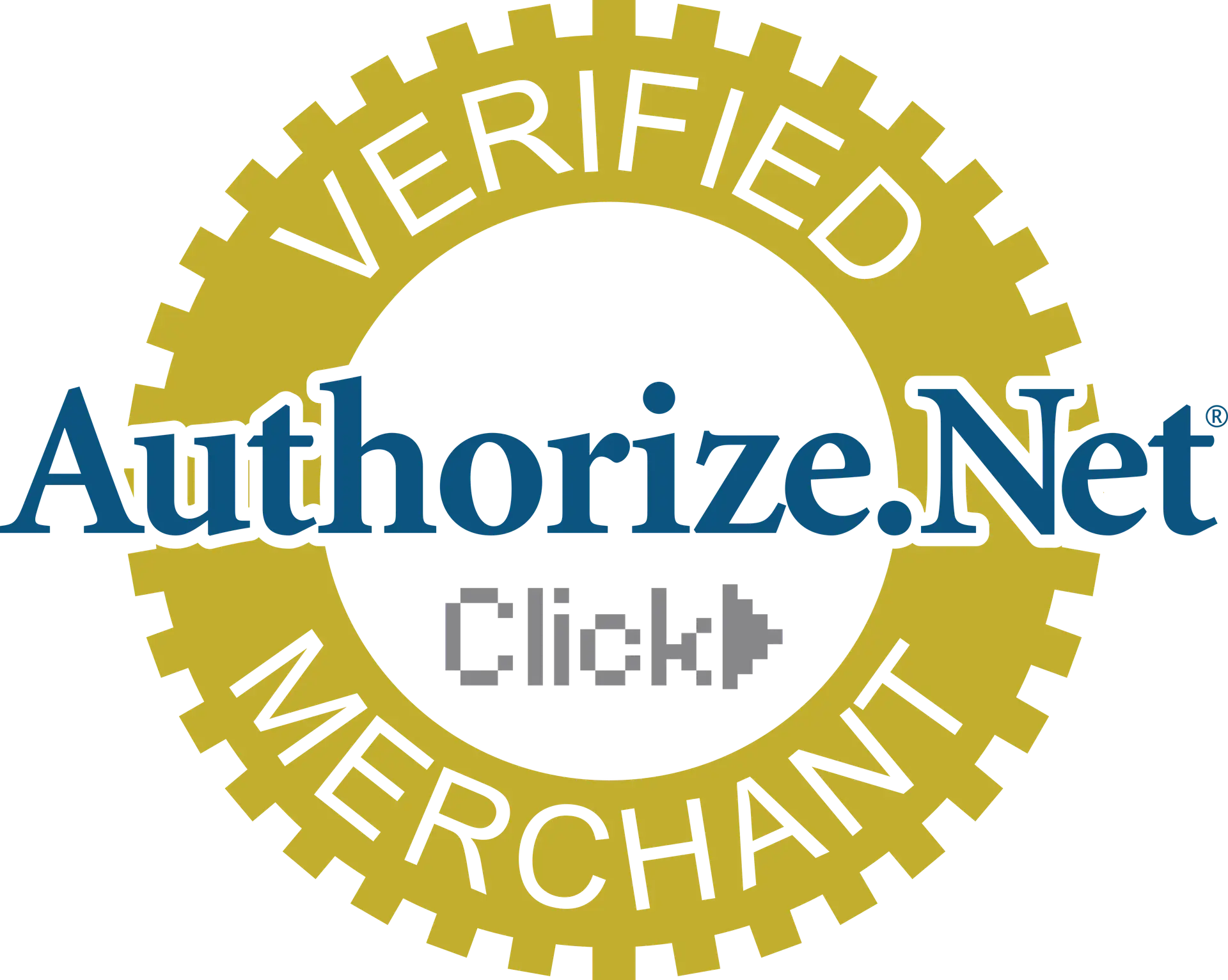
ITIL 4 Specialist: Drive Stakeholder Value Training
In this course you will look at all types of engagements and interactions that take place between the service provider and their customers, users, suppliers, and partners. Key concepts include customer (CX) and user experience (UX) and journey mapping concepts.
Training at a glance
Level
Intermediate
Duration
3 Days
Experience
3 year: ITIL 4 Foundation
Average Salary
$96,560
Labs
No
Level
Intermediate
Duration
3 Days
Experience
3 year: ITIL 4 Foundation
Average Salary
$96,560
Labs
No
Training Details
In the accredited ITIL® 4 Specialist Drive Stakeholder Value learning path, you will learn about all types of engagement and interaction between a service provider and their customers, users, suppliers and partners. It focuses on the conversion of demand into value via IT enabled services. This path also covers key topics such as SLA design, multi-supplier management, communication, relationship management, CX and UX design, customer journey mapping, and more. The path will provide you with tools to increase stakeholder satisfaction which is integral to business success in the current competitive landscape. ITIL4 Specialist Drive Stakeholder Value is aimed at practitioners responsible for managing and integrating stakeholders, those that focus on customer journey and experience, and those that are responsible for fostering relationships with partners and suppliers.
Introduction
Lesson 1: Concept of Customer Journey
- Customer Journey Defined
- Steps of the Customer Journey
- Relating Value Streams & Customer Journeys
- Aspects of Customer & User Experience
- Key Definitions
Exercise: Customer Journey
Lesson 2: Design & Improve Customer Journeys
- Mapping Customer Journeys
- Elements of Customer Journey
- Understand the Customer Experience
- Designing Thinking
- Measure & Improve the Customer Journey
Lesson 3: Step 1: Explore
- Purpose of the Explore
- Targeting Markets & Stakeholders
- Market Characteristics
- Market Segmentation
Lesson 4: Marketing Activities & Techniques
- Targeting Markets
- Marketplace & Marketspace
- Personalizing & Profiling
- Brand & Reputation
- Sustainability
Lesson 5: Customer Needs and Factors that Affect Them
- Understanding Customers and Their Needs
- Stakeholder Analysis
- External & Internal Factors
- SWOT Analysis
- Identify & Analyze Consumers
Lesson 6: Identify Service Providers & Value Proposition
- Choosing a Provider
- Considerations When Choosing a Provider
- Industry Standards; Reference Architectures
Lesson 7: Step 2: Engage
- Fostering Stakeholder Relationships
- Purpose of Engage
- Mutual Readiness & Maturity
- Relationship Types
Lesson 8: Supplier & Partner Relationship Types
- Service Relationship Basics
- Foster Relationships in Different Environments
- Service Relationship Types
Lesson 9: Managing Suppliers and Partners
- Key Considerations
- Models for Service Integration
- Relationship Management Service Integrator Activities
- Supplier Management Practice Guidance
Exercise: Service Relationships
Lesson 10: Develop Customer Relationships; Analyze Customer Needs
- Building Service Relationships
- Service Relationship Ladder
- Tools to Support and Sustain Customer Engagement
- Three C’s Trustworthiness Model
- Understand Provider Capabilities and Customer Needs
Lesson 11: Communicate & Collaborate
- Communication, Cooperation, Collaboration
- Listening Skills
- Modes of Listening
- Communication & Diversity
Lesson 12: Relationship Management Practice
- Purpose
- Practice Success Factors (PSF) for Relationship Management Practice
Lesson 13: Supplier Management Practice
- Purpose
- Benefits
- Practice Success Factors (PSF) for Supplier Management
Lesson 14: Step 3: Offer
- Purpose of Shaping Demand & Service Offering
- Managing Demand and Opportunities
- Optimizing Capacity
- Shaping Demand
- Service Improvement Opportunities
- Building a Business Case
Lesson 15: Methods for Designing Service Experience
- Lean Thinking
- Agile Product & Service Development
- User-Centered Design & Service Design Thinking
- Service Blueprint
- Design for Onboarding
Lesson 16: Approaches for Selling and Obtaining Services
- Selling & Obtaining Service Offerings
- Pricing & Pricing Options
- Internal Sales
- External Sales
- Methods to Request Products & Services
Lesson 17: Requirements Management
- Specify & Manage Customer Requirements
- Managing Requirements
- Minimum Viable Product & User Stories
- Moscow & Weighted Shortest Job First (WSJF)
Lesson 18: Business Analyst Practice
- Purpose
- Business Analyst Adapting to Agile Ways of Working
- Practice Success Factors
Lesson 19: Step 4: Agree
- Purpose
- Aligning Expectations & Agreeing Services
- Plan for Value Co-Creation
- Service Interaction Model
- Characteristics of Services
Lesson 20: Negotiate and Agree
- Gaining Consumer Agreement
- Service Level Agreement Content & Structure
- Utility & Warranty
- User Experience
- Development of Experience Level Agreement (XLA)
Lesson 21: Service Level Management Practice
- Purpose, Scope & Activities
- Service Level Agreements (SLA)
- SLM Metrics
- Practice Success Factors (PSF)
- Using Guiding Principles for SLM
Lesson 22: Step 5: Onboard
- Purpose of Onboarding/Offboarding
- Onboarding Activities
- Utilize Service Design Thinking
- Key Onboard/Offboard Activities
- Practice Interfaces
Lesson 23: Fostering User Relationships
- Relating with Users
- Considering User Experience (UX)
- Fostering Relationships with Corporate Users
- Relationship Management with Users
Lesson 24: Enabling Users for Service Use
- Necessary Skills and Rights
- Required Checks Before Services are Utilized
- Practice Interfaces
Lesson 25: Elevate Mutual Capabilities
- Techniques Used by Providers
- How Consumers can Help the Service Provider
- Using Guiding Principles to Improve User Capabilities
Lesson 26: Prepare Onboard/Offboard Plans
- Approach to Onboarding
- Applying the Four Dimensions To Onboarding Plans
- Onboarding Scope, Actions & Control
- Offboarding Customers & Users
- Practice Interfaces
Lesson 27: User Engagement & Delivery Channels
- Channels Used by Users
- Omnichannel Management
- Shift Left
- Social Media Support
Lesson 28: Service Catalog Management Practice
- Purpose
- Practice Success Factors (PSF)
- Using the Four Dimensions to Create the Catalog
- Automating the Service Catalog
- Monitoring and Measuring the Service Catalog
Lesson 29: Service Desk Practice
- Purpose
- Key Terms and Concepts
- Practice Success Factors (PSF)
- Types Of Service Channels
- Examples of Channels and Their Challenges
Lesson 30: Step 6: Co-Create
- Purpose of Service Provision/Consumption
- Fostering a Service Mindset
- Using Guiding Principles to Develop Service Mindset
Lesson 31: Triaging User Requests, Moments of Truth
- Service Desk Interactions
- Agreed Rules for Triage, Prioritization, and Resolution
- Moments of Truth
- Intelligent Disobedience
Lesson 32: User Communities
- User Community Activities
- Benefits
- Creation and Maintenance
- Superusers
Lesson 33: Encouraging Customer/User Feedback
- Establish Continual Effective Feedback Gathering
- Challenges and Solutions for Customer and User Feedback
Lesson 34: Service Request Management Practice
- Purpose
- Practice Success Factors (PSF)
- Request Catalog
- Fulfill Requests to Agreed Procedure
Lesson 35: Step 7: Realize
- Service Value Defined
- Realizing Service Value
- Evaluating Value Realization
- Track, Assess & Evaluate Value Co-Creation
Lesson 36: Measuring Service Usage & Satisfaction
- Tracking Customer Experience (CX) & Satisfaction
- Methods to Monitor Customer Experience
- Tracking Service Usage
Lesson 37: Methods to Track/Monitor Service Value
- Service Value Indicator
- Tracking Value Realization
- Service Profit Chain
- Qualitative Measurement
- Tracking Performance, Output & Outcome
Lesson 38: Charging Mechanisms
- Charging Policies
- Charging & Billing
- Cost Allocation Models
- Define Chargeable Items
- Measuring Service Usage
Lesson 39: Validate Service Value, Report Service Outcomes
- Realizing Service Value
- Assess & Report Value Realization
- Evaluation & Verification
- Track, Assess & Evaluate Outcomes
Exercise: Measuring Value Realization
Lesson 40: Evaluate & Improve Customer Journey
- Evaluate Value Realization & Improve Customer Journeys
- Continual Improvement: Sources of Improvement
Lesson 41: Portfolio Management Practice
- Purpose
- Portfolio Types
- How portfolios Enable ROI
- Practice Success Factors (PSF)
Lesson 42: Course Summary
This course is designed for anyone who would like a foundational understanding of IT service management, its key principles and practices, and how it will help you deliver better value to your customers. It is appropriate for all IT staff and management, as well as customers who work closely with IT to support business requirements.
This course is also designed for students who are seeking the ITIL 4 Foundation certification and who want to prepare for the ITIL 4 Foundation exam.
In order to take this course, you much hold the ITIL 4 Foundation Certification or the ITIL 4 Managing Professional Transition Certification. In order to sit for the exam, you must complete this course and receive the official Letter of Attendance for this course.
Upcoming Classes
We Offer More Than Just ITIL Training
That’s because we provide everything you need to succeed. This is true for all of our courses.
Strategic Planning & Project Management
From Lean Six Sigma to Project Management Institute Project Management Professional, Agile and SCRUM, we offer the best-in-class strategic planning and project management training available. Work closely with our seasoned multi-decade project managers.
IT & Cybersecurity
ATA is the leading OffSec and Hack the Box US training provider, and a CompTIA and EC-Council award-winning training partner. We offer the best offensive and defensive cyber training to keep your team ahead of the technology skills curve.
Leadership & Management
Let us teach your team the high-level traits and micro-level tools & strategies of effective 21st-century leadership. Empower your team to play to each others’ strengths, inspire others and build a culture that values communication, authenticity, and community.




